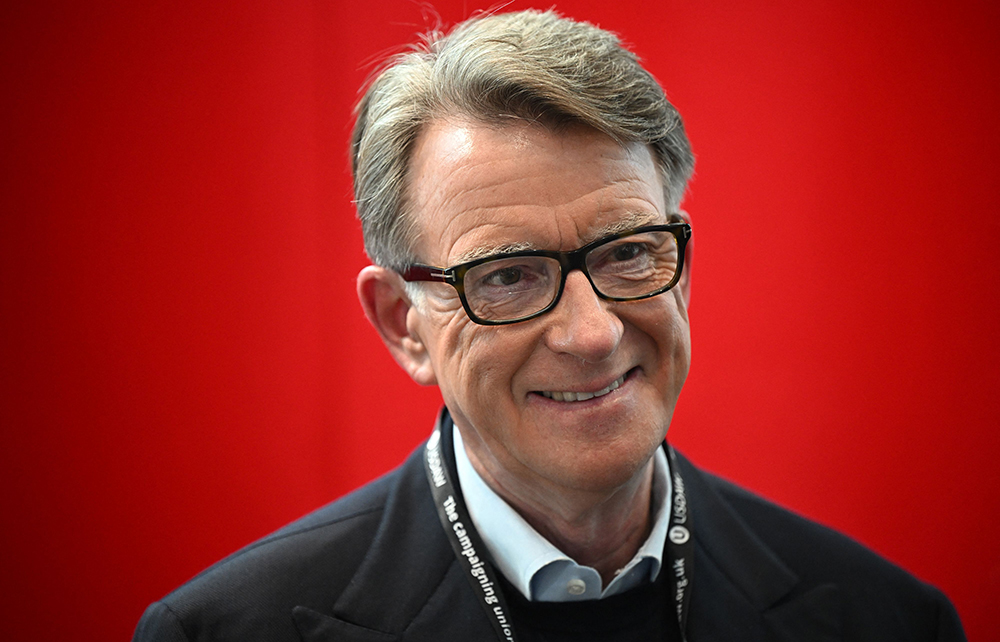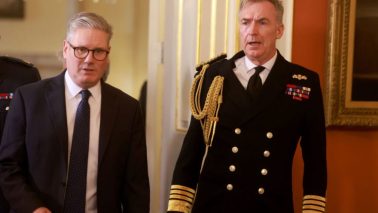In 1975 I travelled as an undergraduate to Egypt, Lebanon, Syria, Jordan and finally to Israel. I visited refugee camps and met a Palestinian militant, Bassam Abu Sharif, who had been blinded in one eye by a Mossad parcel bomb. I talked to policymakers in each country and heard a range of Israeli opinion. On return I wrote in the Jewish Chronicle of the need to address the plight of the Palestinians caused by their displacement. I made the case in favour of a two-state solution five years before the 1980 Venice declaration on Palestinian statehood. One of today’s many tragedies is that Hamas’s barbarism has pushed that solution even further from grasp. In principle, it remains the only way to end the chaos. But security for Israel is not reconcilable with the current fractured Palestinian leadership. The demand for Palestinian statehood cannot cease, but more creativity will be required from other voices in the region, all of whom will be needed to counter Iran’s sponsorship of terror and violence. The United States remains the indispensable actor but China also sees a much larger role for itself. Europe’s approach lacks coherence. As ever, real change must come from within. What seems like Benjamin Netanyahu’s inevitable political demise may yet offer the seeds of progress.
Just over a week ago I was out on the doorsteps in Mid Bedfordshire and was surprised not to hear more mentions of its erstwhile MP, Nadine Dorries. Silence reflected simmering contempt and electors were preoccupied by how best to vote tactically to punish the Conservatives. It was by no means obvious how to do so. Even Labour and Liberal Democrats were unsure. Normally they would have their target seats understood and divided between them.








Comments
Join the debate for just £1 a month
Be part of the conversation with other Spectator readers by getting your first three months for £3.
UNLOCK ACCESS Just £1 a monthAlready a subscriber? Log in